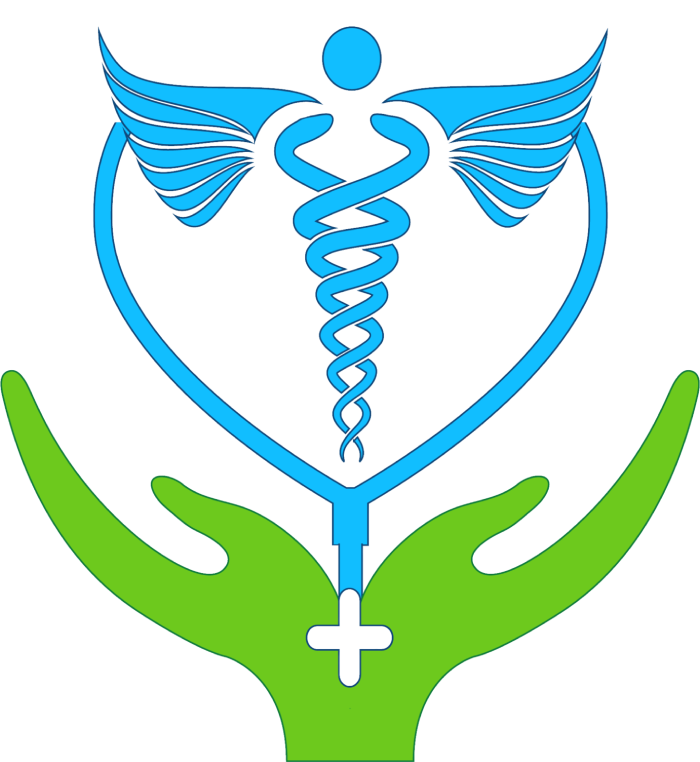
Gynecology and Obstetrics in Turkey
Gynecology and obstetrics are two different fields specialized in women’s reproductive healthcare. Gynecology deals with the physiology, morphology, and pathology of women’s genitalia. Obstetrics is a specialty focused on pregnancy and the processes before, during, and after the fetation. Leading hospitals in Turkey provide the best possible gynecological and obstetrics treatments and examinations with their practiced and hardened staff.
What do Gynecology and Obstetrics Involve With?
Gynecology is the diagnosis and treatment of all kinds of diseases of female reproductive organs such as the uterus, cervix, vagina, vulva, and tubes. In addition, the diagnosis of female infertility problems, egg tracking, uterine film shooting, vaccination, and treatment through in vitro fertilization methods are also in the field of interest of this field. Department of Obstetrics and Gynecology treats diseases such as menstrual period diseases, sexual dysfunctions, infertility, vaginal problems, placental disorders, birth problems, pregnancy follow-up, miscarriage, uterine diseases, ovarian problems, birth control methods, external genital organs, cysts, and fibroid operations, normal It carries out the follow-up, diagnosis, and treatment of many gynecological diseases and pregnancy processes such as cesarean section and cesarean delivery. Patients can get services such as periodic gynecological examinations, breast disease examinations, ultrasonographic examinations, diagnosis and treatment of hormonal disorders, cancer screenings including blood tests, ultrasound smear and HPV tests, personalized family planning methods involving intrauterine device application, birth control pill usage and sterilization, and premarital gynecological examination.
Which is Better Gynaecologist or an Obstetrician?
There is no distinct and right answer to this. These two medical fields treat different parts and segments of women’s sexual health. They are both essential for women’s health and life quality.
Can I Go To a Gynecologist Without a Referral?
A referral is not needed to consult a gynecologist. Patients can easily request preliminary examinations and be directed to initial tests if need be.
Gynecology Surgery Treatments
Myoma Surgery
Fibroids, also called uterine fibroids or leiomyomas, are muscle tumors that occur in the uterus (womb). Transformation into cancer is rarely observed in these tumors. Fibroids can occur in many shapes, sizes, and locations. The inside of the uterus, the uterine wall, or its surface are among the areas where fibroids can grow and thrive. Their size can be too small to be seen with the naked eye or can reach sizes that are large enough to affect the shape of the uterus itself. In addition to these characteristics, some fibroids may also have a stem or root-like structure. The course of treatment for uterine fibroids varies highly. The doctors act on the disease considering the age of the patient, the size of the fibroid, and the overall health of the patient. In some cases, the use of drugs that block hormone production can shrink fibroids. In some instances, however, surgical action might be crucial.
Uterine Prolapse Surgery
Treatment of uterine prolapse depends on the severity of the case. If uterine prolapse is minimal or there are no symptoms, the worsening of the case can be prevented with simple measures. These measures may include strengthening the pelvic muscles, weight loss of the patient, and treating constipation if there is any. A plastic ring may also be placed in the vagina to support the uterus. Surgery is usually done via the vagina and sometimes the abdomen. The surgeon may graft the patient's own healthy tissues or use synthetic material into weakened pelvic floor structures to support the pelvic organs.
Laparoscopic Surgeries in Gynecology
Modern medicine, along with developing technology, now requires operations to be performed with lesser physical damage to the patients. Gynecology has developed more than any other field in this sense. Laparoscopic surgery is now almost indispensable for gynecology. With laparoscopic surgeries ovarian cysts and myomas are removed, ectopic pregnancies get treated, the uterus can be removed and adhesions can be opened. Along with these treatments, endometriosis foci are destroyed and urinary incontinence operations are performed with laparoscopic methods. Uterine prolapse operations are performed and tubes can be connected. Operations can be performed for infertility research and diagnostic purposes.
Ovarian Endometrioma (Chocolate Cysts)
Patients who suffer from pelvic pain, infertility, and potential cancer risks must be treated surgically. The cysts in the ovary are recommended to be removed before the treatment in patients who are planning for IVF treatment. Drug therapy, especially birth control pills, can be used to stop the growth or partially shrink the mass in some patients; however, this is not an option to increase fertility in patients with infertility problems. There is a fairly small risk of cancer and removal of the cyst or cysts will also be beneficial as a precaution. As with all cysts, it is recommended to surgically remove large cysts that carry this risk. Huge cysts have a probability of bursting and causing internal bleeding. These cysts will be detected via various scans.



